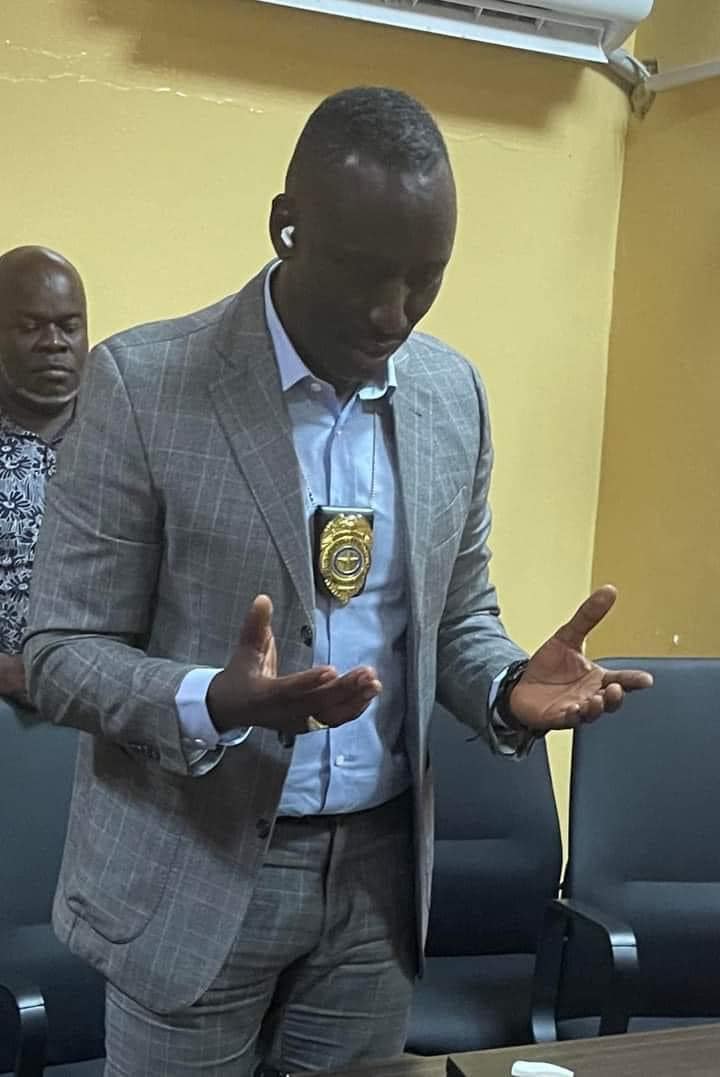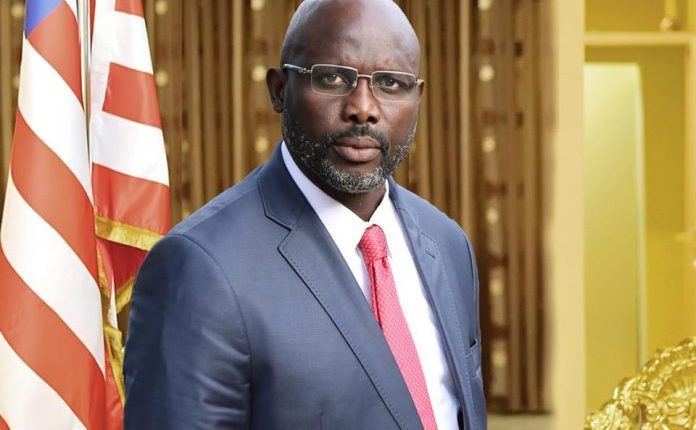Former Deputy Foreign Minister and Managing Director of Africa Development Management Associates (ADMA), B. Elias Shoniyin, has warned that ethnicity, sectionalism and regional politics are poor basis for determining the best candidates in 2023 elections.
Shoniyin said, “It is appalling to hear some of those on whose knowledge and experience society should rely during defining moments as today put ethnicity, region, religion and political parties before actual attributes and qualities that can drive our country to economic and political success. We will continue to miss out if we continue to decide leaders based on region, county, tribe or political party.”
Speaking at the 103rd University of Liberia Graduating Class induction on Friday, November 4, 2022, the Liberian diplomat lamented that it would be a missed opportunity if Liberians keep deciding leaders based on region, county, tribe or political party. He averred that these conditions do not, in any way, give candidates the expertise, character and knowledge required for making the difference or inspiring the kind of transformation the people so urgently need.
“Liberia,” he believes, “will not achieve marginal prosperity when we continue to disregard candidates with enabling education, verifiable accomplishments, global mindset, forward-thinking, dynamism and wide network locally and internationally.”
According to the former Acting Minister of Foreign Affairs, it appears like the country has been in despair and destitution for so long that Liberians have abandoned any serious effort to radically change the situation around. “It seems like we have accepted what some may believe is our fate—to remain in perpetual poverty and struggle. We, as a people, have greater responsibilities than any government in shaping the future of our country.
“Liberia would never achieve even marginal prosperity when we continue to ignore what truly matters when deciding the right leaders with the capacity to shape a country – leaders who have what it takes at this critical time in our country history. We need pacesetter leaders likened to those who have historically made the difference in their societies,” Shoniyin underscored.
He urged the UL senior class leadership to facilitate history-making through the exhibition of inspiration, courage and enthusiasm. “At the end of your leadership, how do you want to be remembered?” he asked.
According to Shoniyin, the way the 103rd graduating class leadership would be remembered will be defined by what motivated them to aspire for these leadership roles that they had taken up. He warned against looking for opportunity to access graduation funds or make names for their own benefits, but that the leadership should bring practical thinking and show genuine commitment to problem-solving.
“Were you aspired to these roles to have unfair advantages over your colleagues? Were you aspired to these roles subconsciously thinking of the opportunity to access your colleagues’ graduation funds? Were you aspired to these roles to make names for yourselves?” he asked.
“If anyone of you says ‘yes’ to any of these questions, then I’m sorry that you would be missing a great opportunity not thought of, for shortsighted and far lower gains. You would be missing the great opportunity of presenting yourselves not only to your fellow graduates, but also to the entire country as change makers and thought-process leaders in an era of mediocrity of tragic proportion,” he added.
Shoniyin made the assertions referring to students Amos M. Kollie, Rosetta Fardolo and Evangeline S. Bundor, who were inducted as President, Vice President and Secretary General, respectively, of the 2021/22 graduating class of the University of Liberia.
While admonishing the graduating class leadership to drive success, he also acknowledged that the role of the University of Liberia’s leadership would be key to making that success happen.
“I am glad that today the university has as its president someone I have known for many years to be a great and effective listener. I urge him and his team to seize the opportunity of deepening collaboration with the 103rd graduating class to make history happen.”
He concluded that the graduating class leadership can only put their best foot forward, but would yield little results without the full and intentional commitment of the university authorities.
B. Elias Shoniyin is widely regarded in and out of Liberia as a distinguished international affair, development and policy professional, with over 23 years in non-profit and public service in multiple senior positions where he made significant contributions to the post-conflict recovery and development of Liberia.
His current roles as Managing Director/Managing Partner of Africa Development Management Associates (ADMA) and Coordinator of Cuttington University’s School of Global Affairs & Policy are complemented by earlier portfolios, including World Fellow at Yale University, Principal Deputy Minister of Foreign Affairs of Liberia in two successive administrations, Deputy Foreign Minister for International Economic Cooperation & Integration, Assistant Foreign Minister for International Cooperation & Economic Affairs, amongst others.







